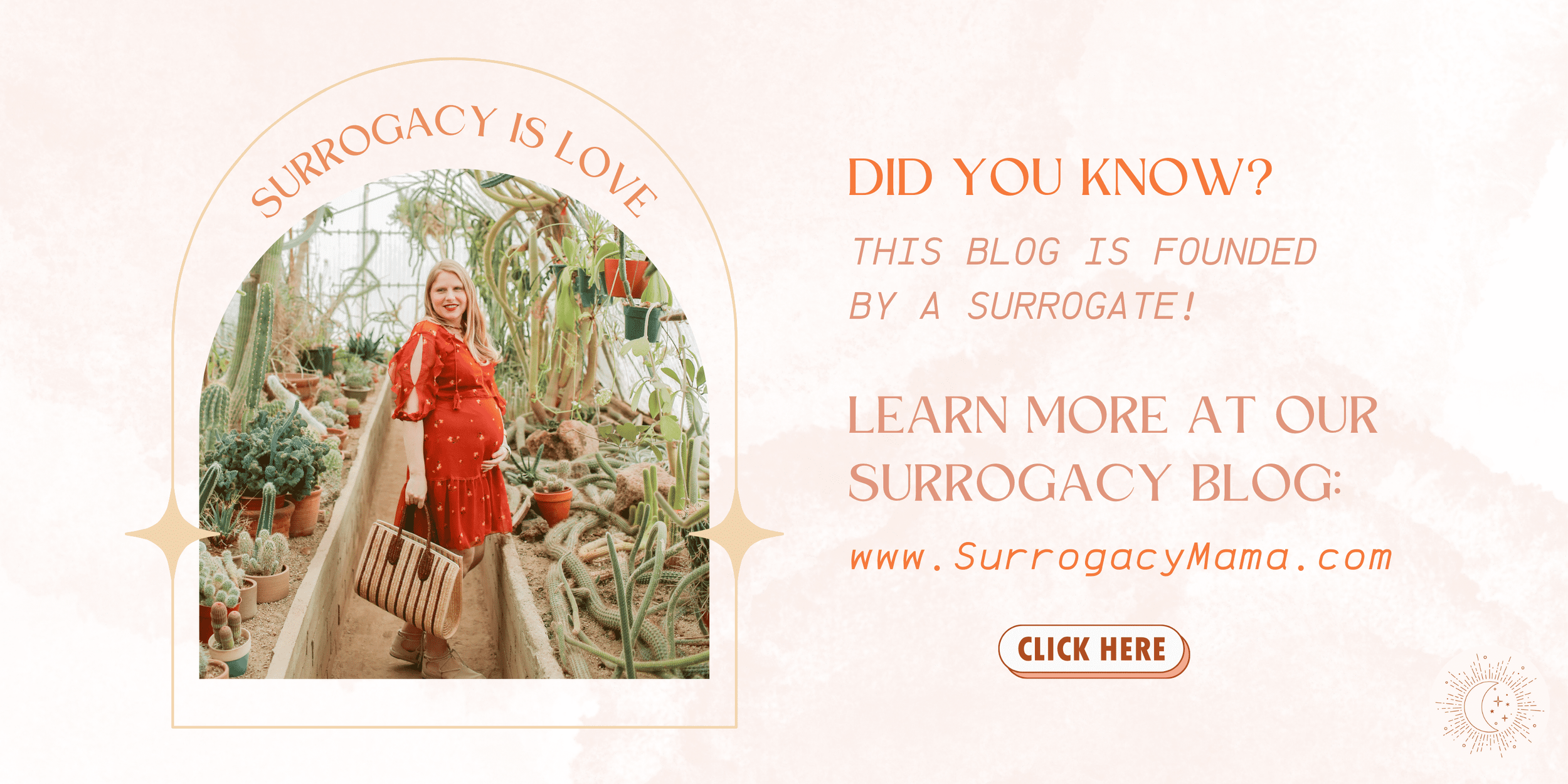Postpartum Hair Loss: Understanding and Coping Strategies for Moms
Are you experiencing a significant amount of hair loss postpartum? Well, you don’t have to worry as you’re not alone.
While becoming a new mom is a joyous moment to celebrate, it is often accompanied by the stress and anxiety of losing the hair. According to a study, more than 91% of women have reported postpartum hair loss, and 71% of these felt anxiety or stress about this condition.
In this blog, we’ll understand what postpartum hair loss actually is and how to cope with this condition. So, let’s begin:
What is Postpartum Hair Loss?
Postpartum hair loss or postpartum alopecia is a common condition that every woman experiences after giving birth.
During pregnancy, higher levels of estrogen cause hair to remain in the growth phase longer, resulting in thicker, fuller hair. However, after childbirth, estrogen levels drop, causing more hair follicles to enter the resting (telogen) phase and eventually fall out.
This shedding typically begins around three months post-delivery but can occur anytime within the first year. While it can be alarming to see a huge amount of hair falling, especially while adjusting to life with a new baby, it is important to realize that it is a natural part of the postpartum journey.
With time and proper care, your hair will regrow and you’ll regain your pre-pregnancy hair thickness and texture.
Coping Strategies for Postpartum Hair Loss
So, now you’ve an idea of what postpartum hair loss is, let’s discuss how new moms can cope with this condition:
Educate Yourself About Postpartum Hair Loss
The more you educate yourself about postpartum hair loss, the better it will be for you to cope with this condition.
As we mentioned above, most new moms often feel anxious and stressed when they see increased hair shedding after childbirth. However, you need to understand that hair loss is normal and it mostly occurs due to hormonal changes during pregnancy. It is a temporary problem and with time and some hair care, you can get your hair back.
So, how will you educate yourself about this condition? Well, you can read books or articles online related to hair loss. Moreover, it will be a good idea to consult a healthcare provider to understand this problem in detail.
When you educate yourself, you can easily alleviate your concerns about hair loss and normalize the experience.
Consider Opting for a Hair Transplant
If you’re really concerned about your hair loss and notice that it is getting worse, then it is wise to consider a hair transplant.
For hair transplant, there are basically two different techniques: Follicular Unit Extraction (FUE) and Follicular Unit Transplantation (FUT).
FUE involves harvesting individual hair follicles from donor areas on the scalp and implanting them into the recipient areas. This technique leaves tiny, nearly invisible scars and requires no stitches, resulting in a quicker recovery time.
FUT involves removing a strip of scalp from the donor area, dissecting it into individual follicular units, and then implanting them into the recipient areas. While it may leave a linear scar, it can yield a higher number of grafts in a single session.
While hair transplant is generally safe, it is still important to consult with experts like hair restoration by Dr. Kwak to get more insights about the procedure. Based on your condition, the experts can determine the most suitable option. They will also give you some aftercare tips to generate the best results after the procedure.
Do Regular Scalp Massage
Scalp massage is a simple yet effective way to promote hair growth and scalp health. By gently massaging the scalp in circular motions, blood circulation to the hair follicles is stimulated, which encourages hair growth.
Additionally, scalp massage helps to relax the scalp and reduce stress, which can contribute to hair loss. To massage your scalp, you can use a few drops of nourishing oil, such as coconut or almond oil, which can provide added hydration and nourishment to the scalp and hair follicles, promoting overall hair health.
Consider Hair Supplements
You can also try some hair supplements that can support hair health during the postpartum period. Some supplements like Biotin, Vitamin D, and Omega-3 fatty acids can help strengthen hair and nails.
However, before taking any of these supplements, make sure to consult with an experienced healthcare provider, especially if you’re breastfeeding.
Similarly, maintaining a clean scalp is key for new moms, especially if lice become a concern due to close contact with kids. For professional help in Houston, TX, you can book now for a lice removal appointment to keep your scalp healthy.
Summing Up
Postpartum hair loss can be a disconcerting experience for new mothers, but it's essential to remember that it's temporary and part of the body's natural adjustment process after childbirth.
In addition to these coping strategies, you should eat healthy foods, manage your stress levels, use gentle hair care products, and seek professional support, if necessary.



